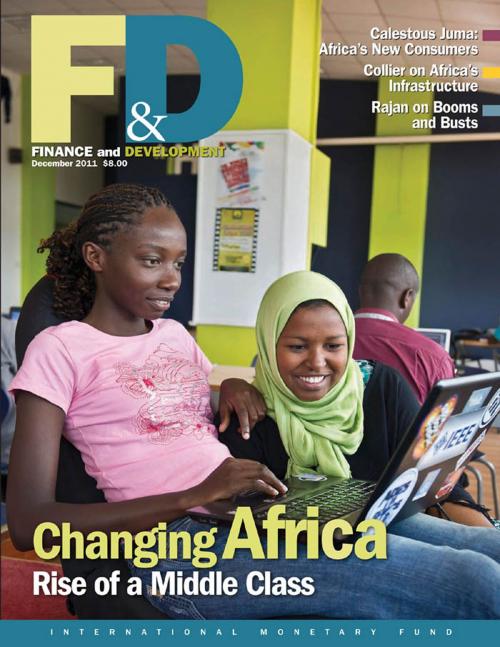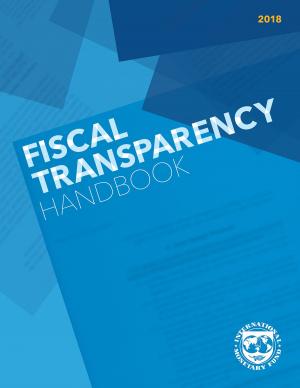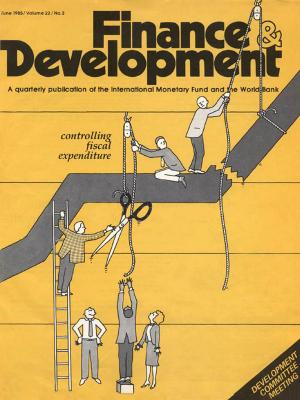Finance & Development, December 2011
Business & Finance, Economics, International Economics, Finance & Investing, Finance| Author: | International Monetary Fund. External Relations Dept. | ISBN: | 9781463994747 |
| Publisher: | INTERNATIONAL MONETARY FUND | Publication: | December 8, 2011 |
| Imprint: | INTERNATIONAL MONETARY FUND | Language: | English |
| Author: | International Monetary Fund. External Relations Dept. |
| ISBN: | 9781463994747 |
| Publisher: | INTERNATIONAL MONETARY FUND |
| Publication: | December 8, 2011 |
| Imprint: | INTERNATIONAL MONETARY FUND |
| Language: | English |
"Africa's Middle-Class Motor" finds growing evidence that a recent resurgence in the continent's economic well-being has staying power. In his overview article, Harvard professor Calestous Juma says the emphasis for too long has been on eradicating poverty through aid rather than promoting prosperity through improved infrastructure, education, entrepreneurship, and trade. That is now changing: there is a growing emphasis on policies that produce a middle class. The new African middle class may not have the buying power of a Western middle class but it demands enough goods and services to support stronger economic growth, which, as IMF African Department head Antoinette Sayeh points out, in turn helps the poorest members of society. Oxford University economist Paul Collier discusses a crucial component of Africa's needed infrastructure: railways. It is a continent eminently suited to rail, development of which has been held back more by political than economic reasons. But even as sub-Saharan African thrives, its largest and most important economy, South Africa, has had an anemic performance in recent years. We also profile Ngozi Okonjo-Iweala, Nigeria's colorful economic czar. "Picture This" mines current trends to predict what Africa will look like a half century from now and "Data Spotlight" looks at increased regional trade in Africa. Elsewhere, Cornell Professor Eswar Prasad, examines a global role reversal in which emerging, not advanced, economies are displaying resilience in the face of the global economic crisis. The University of Queensland's John Quiggin, who wrote Zombie Economics, examines whether it makes sense in many cases to sell public enterprises. Economists Raghuram Rajan of the University of Chicago and Rodney Ramcharan of the U.S. Federal Reserve find clues to current asset booms and busts in the behavior of U.S. farmland prices a century ago.
"Africa's Middle-Class Motor" finds growing evidence that a recent resurgence in the continent's economic well-being has staying power. In his overview article, Harvard professor Calestous Juma says the emphasis for too long has been on eradicating poverty through aid rather than promoting prosperity through improved infrastructure, education, entrepreneurship, and trade. That is now changing: there is a growing emphasis on policies that produce a middle class. The new African middle class may not have the buying power of a Western middle class but it demands enough goods and services to support stronger economic growth, which, as IMF African Department head Antoinette Sayeh points out, in turn helps the poorest members of society. Oxford University economist Paul Collier discusses a crucial component of Africa's needed infrastructure: railways. It is a continent eminently suited to rail, development of which has been held back more by political than economic reasons. But even as sub-Saharan African thrives, its largest and most important economy, South Africa, has had an anemic performance in recent years. We also profile Ngozi Okonjo-Iweala, Nigeria's colorful economic czar. "Picture This" mines current trends to predict what Africa will look like a half century from now and "Data Spotlight" looks at increased regional trade in Africa. Elsewhere, Cornell Professor Eswar Prasad, examines a global role reversal in which emerging, not advanced, economies are displaying resilience in the face of the global economic crisis. The University of Queensland's John Quiggin, who wrote Zombie Economics, examines whether it makes sense in many cases to sell public enterprises. Economists Raghuram Rajan of the University of Chicago and Rodney Ramcharan of the U.S. Federal Reserve find clues to current asset booms and busts in the behavior of U.S. farmland prices a century ago.















